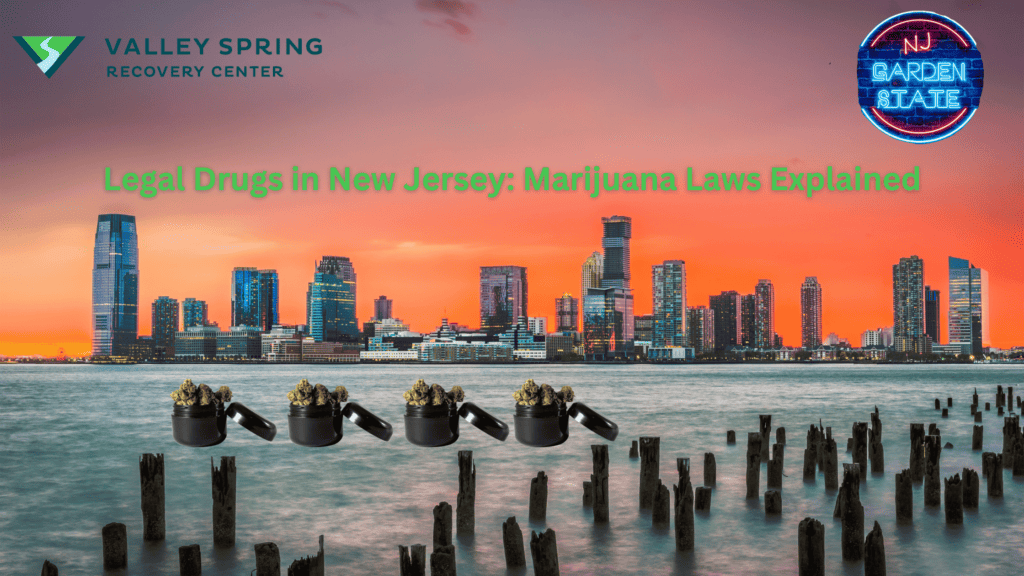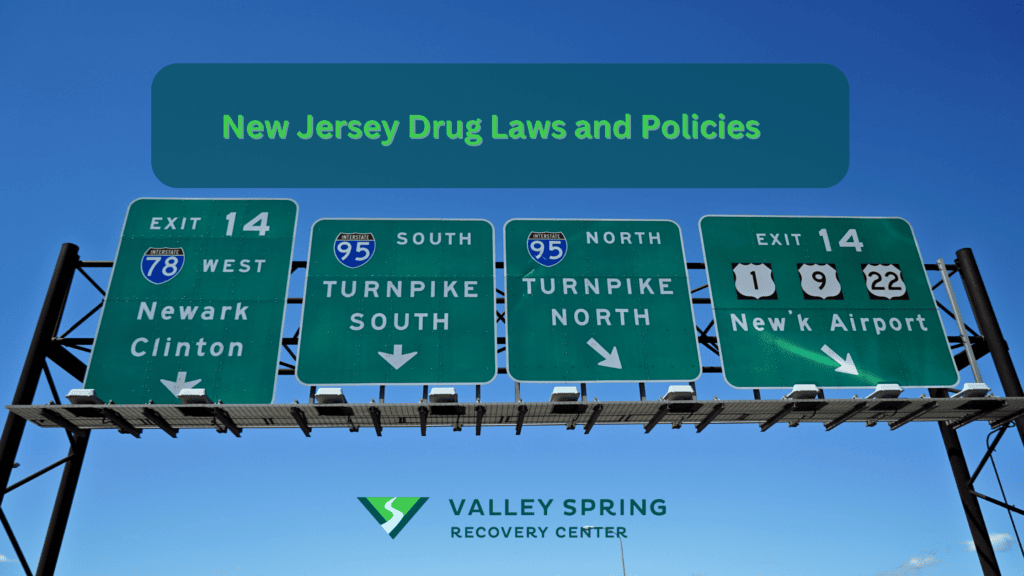Introduction
Sober October is not merely a catchy phrase; it represents a growing movement focused on abstaining from alcohol and other substances for the month of October. As the transition from summer fun to holiday celebrations begins, October presents an opportune moment to recalibrate and reassess one’s relationship with substances. The concept of Sober October intertwines with health and well-being, offering a reflective pause to individuals about the role alcohol or substances may be playing in their lives.
Key Takeaway:
- Personal growth and self-discovery play a crucial role in addiction recovery. By discovering and cultivating a new self, individuals can overcome their addictive behaviors embrace a fulfilling life in recovery, and reduce the chances of relapse.
- Self-care is an essential aspect of personal growth and recovery. Individuals should prioritize their physical, emotional, and spiritual well-being by engaging in healthy habits, such as exercise, meditation, and therapy.
- To successfully embrace a new you and become the best version of yourself, it is important to overcome the fear of change, maintain a positive outlook, and harness the power of positive self-talk. Setting achievable goals and building a support system can also aid in this process.
The Origin and Philosophy of Sober October
The movement began as a social challenge among friends and quickly gained traction through social media, akin to other wellness phenomena like Veganuary or Movember. The underlying philosophy is to promote mindfulness, clarity, and a reexamination of one’s habits. The one-month period serves as both a detox window and a time for self-reflection.
Health Benefits of Participating in Sober October
- Physical Restoration: A break from alcohol allows the liver, kidneys, and other organs to detoxify and heal.
- Mental Clarity: Abstinence from substances can lead to a clearer mental state, better decision-making abilities, and improved mood.
- Financial Savings: The amount of money typically spent on alcohol or other substances can be significant. A month-long break provides financial relief and may even spur reevaluation of spending habits.
- Improved Sleep: Alcohol, despite its sedative properties, can interfere with sleep patterns. A break can lead to improved sleep quality.
Psychological Benefits: More Than Just Abstinence
The challenge offers a chance to confront social pressures surrounding alcohol consumption and substance use. Many participants report enhanced self-awareness and a better understanding of why they reach for a drink or substance in the first place. This knowledge can be empowering, providing insights that extend far beyond the month of October.
Celebrities Championing Sober October: Bert Kreischer and Joe Rogan
The appeal of Sober October isn’t just confined to ordinary individuals seeking a healthier lifestyle; it has caught the attention of celebrities who are using their platforms to amplify the message. Notably, comedian Bert Kreischer and multimedia mogul Joe Rogan have publicly endorsed and participated in Sober October, adding a layer of star-powered motivation to the movement.
Bert Kreischer: The Machine Goes Sober
Bert Kreischer, often known as “The Machine,” is a comedian renowned for his storytelling and party-centric lifestyle. However, Kreischer has also embraced the benefits of a sober life, especially during Sober October. By documenting his journey on social media and podcasts, he has encouraged his fanbase to question the role that substances play in their lives. His commitment to abstaining from alcohol—and even cutting out cigars and unhealthy foods—has demonstrated that even the life of the party can take a step back for personal health.
Joe Rogan: A Holistic Approach to Sobriety
Joe Rogan, known for his extensive reach through “The Joe Rogan Experience” podcast, has been another vocal supporter of Sober October. But Rogan goes beyond just quitting alcohol or substances; he often incorporates additional challenges like daily yoga or intense physical training. For Rogan, Sober October is not just about abstaining but improving overall well-being. His conversations on the subject, often featuring experts in health and wellness, provide a holistic view of sobriety, mental health, and physical fitness.
The Ripple Effect
The participation of Bert Kreischer and Joe Rogan in Sober October brings a magnifying glass to the health benefits and lifestyle changes that come with temporary abstinence and ongoing sobriety. Their public journeys serve as both inspiration and validation for people skeptical about the real-world benefits of this annual event. Furthermore, their candid discussions about the struggles and triumphs experienced during this month provide a more nuanced and relatable understanding of what it means to be sober.
The celebrity endorsement of Sober October has not only raised awareness but has also dismantled some of the stigmas associated with discussing substance use openly. Their journeys offer a unique perspective, one that recognizes the challenge but celebrates the rewards, encouraging more people to join the Sober October movement.
Practical Tips for a Successful Sober October
- Set Clear Goals: Whether it’s abstinence from alcohol, caffeine, or sugar, define what “sober” means for you.
- Find a Support Network: Share your goal with friends or family members who can offer support.
- Plan Ahead: Stock up on non-alcoholic beverages and find other ways to relax and unwind.
5 Tips For Staying Sober Through October
Here are five specific and comprehensive tips that can aid individuals in maintaining sobriety:
- Develop a Support System:
- Connect with Sober Friends and Family: Surrounding yourself with individuals who support your sobriety and understand your journey can be incredibly beneficial.
- Join Support Groups: Groups like Alcoholics Anonymous (AA) or Narcotics Anonymous (NA) offer camaraderie and encouragement from others who have faced similar challenges.
- Seek Professional Help if Needed: Therapists or counselors specializing in addiction can provide personalized support and coping strategies.
- Create a Structured Routine:
- Establish Daily Habits: Building a daily routine that includes healthy eating, exercise, and hobbies can help keep your mind occupied and focused on positive activities.
- Avoid Triggers: Identify and steer clear of situations, places, or people that might tempt you to use again.
- Invest in Personal Growth and Hobbies:
- Explore New Interests: Finding hobbies and activities that you enjoy can boost self-esteem and provide a sense of purpose outside of addiction.
- Set Achievable Goals: Whether personal or professional, setting and working towards goals can give a sense of accomplishment and direction.
- Implement Relapse Prevention Strategies:
- Create a Relapse Prevention Plan: Work with a professional to identify triggers and develop strategies to handle them.
- Understand that Relapse Doesn’t Mean Failure: If a relapse occurs, it’s important to seek help immediately rather than seeing it as a failure. Recognize it as a learning opportunity to strengthen your coping strategies.
- Prioritize Mental and Physical Wellbeing:
- Practice Mindfulness or Meditation: These techniques can help manage stress, one of the common triggers for substance use.
- Engage in Regular Exercise: Physical activity can boost mood and help maintain overall well-being.
- Consider Nutritional Needs: Eating a balanced diet supports overall health, including mental clarity and energy levels.
These tips are multifaceted and cover different aspects of life, from interpersonal relationships to personal growth and daily routine. Implementing these strategies can require effort and perseverance, but they are vital in building a sustainable and fulfilling sober life. Collaboration with addiction professionals and supportive loved ones can further strengthen these strategies, making the path to long-term sobriety more attainable and rewarding.
Wrapping It Up: The Lasting Impact
As November approaches, the end of Sober October does not necessarily mark the end of one’s journey towards healthier living. Many participants choose to extend their abstinence period, while others implement more moderate consumption rules going forward. Either way, the month-long challenge often serves as an eye-opening experience that initiates long-term changes. The ultimate goal is to lessen drug addiction on a greater scale and shed light to the pervasive problem.
Sober October can be a transformative experience, offering both physical and psychological benefits. Even if complete abstinence is not your end goal, the heightened awareness and mindfulness that come from participating in Sober October may influence your choices and lifestyle for months, if not years, to come.
By taking part in this global pause from substances, you’re joining a community focused on betterment, wellness, and, most importantly, living a more conscious life. If you are struggling with substance use disorder and need treatment, the admissions team at Valley Spring Recovery Center is standing by.
Ben Fisher
All author postsShare This Post







